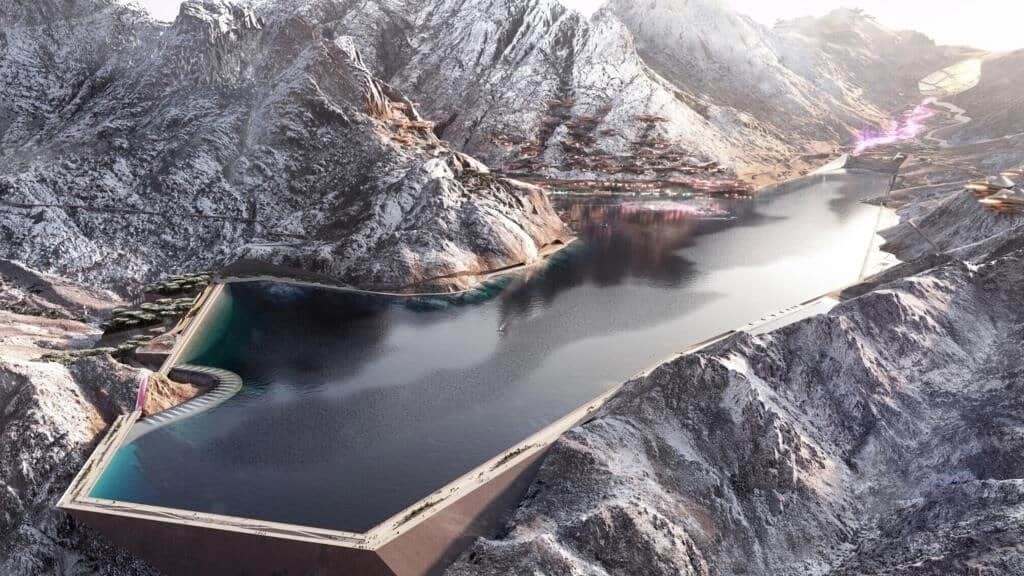The decision to award the 2029 Asian Winter Games to Saudi Arabia may have been greeted with amazement but it follows a double logic.
For the biggest events, hosts are becoming harder to find than snowstorms in the Arabian desert. For those willing to undertake the task, the appeal of major sports competitions is as national showcases.
It is difficult to imagine a more spectacular contrast than between the Japanese powder of Sapporo, site of the 1972 Winter Olympics as well as the first Asian Winter Games in 1986 and the most recent in 2017 and the mountainous desert of Trojena, 50 kilometres from the coast of the Red Sea.
It is not a first in the Gulf.
In 2021, Dubai hosted qualifying slaloms for the Beijing Winter Olympics in the refrigerated dome of a huge shopping mall with the temperature 30 Celsius (86 Fahrenheit) outside.
Saudi Arabia has been betting heavily on sport, hosting Formula One, the Dakar Rally, a cycling tour, boxing title fights and the Spanish Supercup and is preparing a bid to co-host the 2030 World Cup.
Saudi investors have bought English football club Newcastle and are financing the breakaway LIV golf tour.
The rivalry with the Qatari and Emirati neighbours, regional pioneers in sports diplomacy, remains constantly in the background.
Yet the objective of Asian Games is “above all economic”, Raphael Le Magoariec, a specialist in the geopolitics of the sport of the Gulf countries at the University of Tours, told AFP.
Riyadh “mainly wants to promote its city of the future, NEOM,” he says.
NEOM is a planned half-a-trillion dollar futuristic megacity. The Games would be held in its Trojena resort area.
Japan and China, fresh from hosting the last summer and winter Olympics, have abandoned the Asian Winter Games after hosting six of the first eight.
OCA “needs” host countries “to exist politically and economically,” said Verschuuren.
The drought of potential hosts is not just an Asian problem.
The size and cost of major events and the hostility of the public in many countries, is deterring potential hosts.
The challenge is particularly acute for the winter competitions with their already limited geographic choices.
“The question is: which organisation will be the first to reduce the size and impact of its event in order to meet sustainability criteria,” said Verschuuren.
But the sports organisations remain like “big liners, which take time to alter course”, he said.








